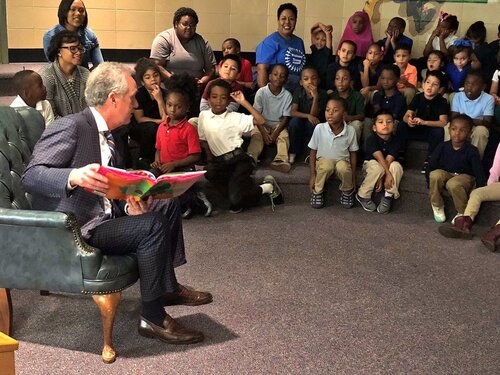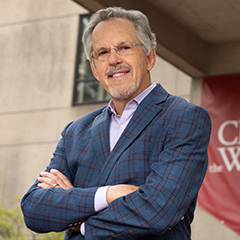Case and Materials
Change at the Speed of Trust: Advancing Educational Opportunity through Cross-Sector Collaboration in Louisville

Last Updated
Topic
Collaboration
Locations
North America, South Region, United States
Overview
To address the city’s significant achievement gap and improve students’ college and career readiness, Louisville, Kentucky Mayor Greg Fischer assembled a cabinet of stakeholders from nonprofits, government entities, educational institutions, and local businesses. They represented venerable organizations in the city but also faced real challenges to making progress. They had differing perspectives on what to prioritize and, in some cases, histories of tension and mistrust. Together they needed to feel their way through collective governance and decision making.
Learn how leaders reorganized the cabinet to delegate responsibilities, engender trust, and gain buy-in for systemic change.








